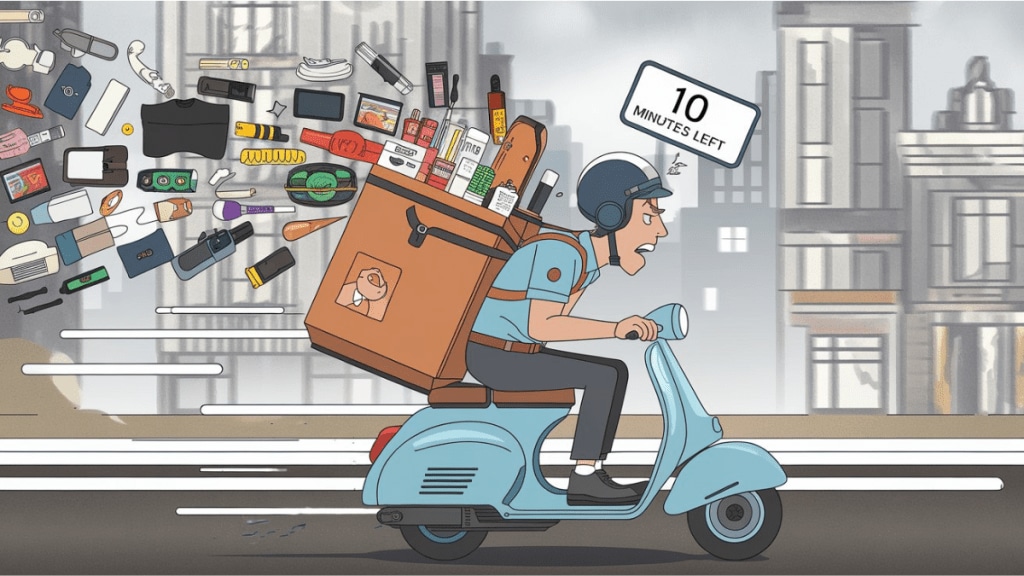India’s retail sector is undergoing a dramatic shift, with quick commerce expanding by 280% in just two years and e-commerce poised to reach $220 billion by FY30 at a CAGR of 22.5%, according to PwC India. While digital retail dominates urban centres, brick-and-mortar stores in tier 2 and 3 cities remain resilient, leveraging deep customer relationships and localised service to stay relevant.
The report highlights that 77% of Indian shoppers prefer omnichannel retail, seamlessly blending online research with in-store purchases. However, traditional retailers still face challenges as consumer behaviour rapidly evolves. A notable 60% of offline retailers perceive e-commerce as a threat, though 27% have successfully leveraged digital tools to enhance customer engagement.
The rapid expansion of quick commerce (Q-commerce) in metro cities has led to a 28% drop in foot traffic to physical stores. For essential categories like food, beverages, and personal care, over 50% of traditional retailers report declining sales due to hyper-fast delivery services. However, in smaller cities, Q-commerce faces profitability challenges, with high delivery costs and fragmented demand.
Metro consumers prioritise convenience over price, with a 42% preference for quick delivery over traditional in-store visits. Despite this shift, PwC’s findings suggest Q-commerce has not significantly expanded the overall customer base—brands must focus on deeper market penetration beyond major urban centres.
“Indian retailers need to navigate the complexities of e-commerce—balancing online and offline channels, optimising supply chains, and enhancing customer experience. The future of retail belongs to those who seamlessly integrate innovation with localised strategies, leveraging data analytics and consumer insights to tailor offerings and drive sustainable growth in a competitive market,” Ravi Kapoor, Partner and Leader – Retail and Consumer, PwC India, said.
Retailers are now investing in personalised customer service, home delivery, and exclusive in-store experiences to compete with online platforms. The report notes that 64% of traditional retailers want fairer government policies on delivery and logistics, while only 4% are aware of ONDC—the initiative aimed at levelling the e-commerce playing field.
Despite the digital disruption, physical retail is far from obsolete. Consumers still value tactile experiences, especially for home care, fresh produce, and high-value electronics. The future of Indian retail, PwC suggests, will be defined by a hybrid model—where brands must optimise their channel mix, pricing, and consumer engagement to stay competitive in a rapidly shifting landscape.
